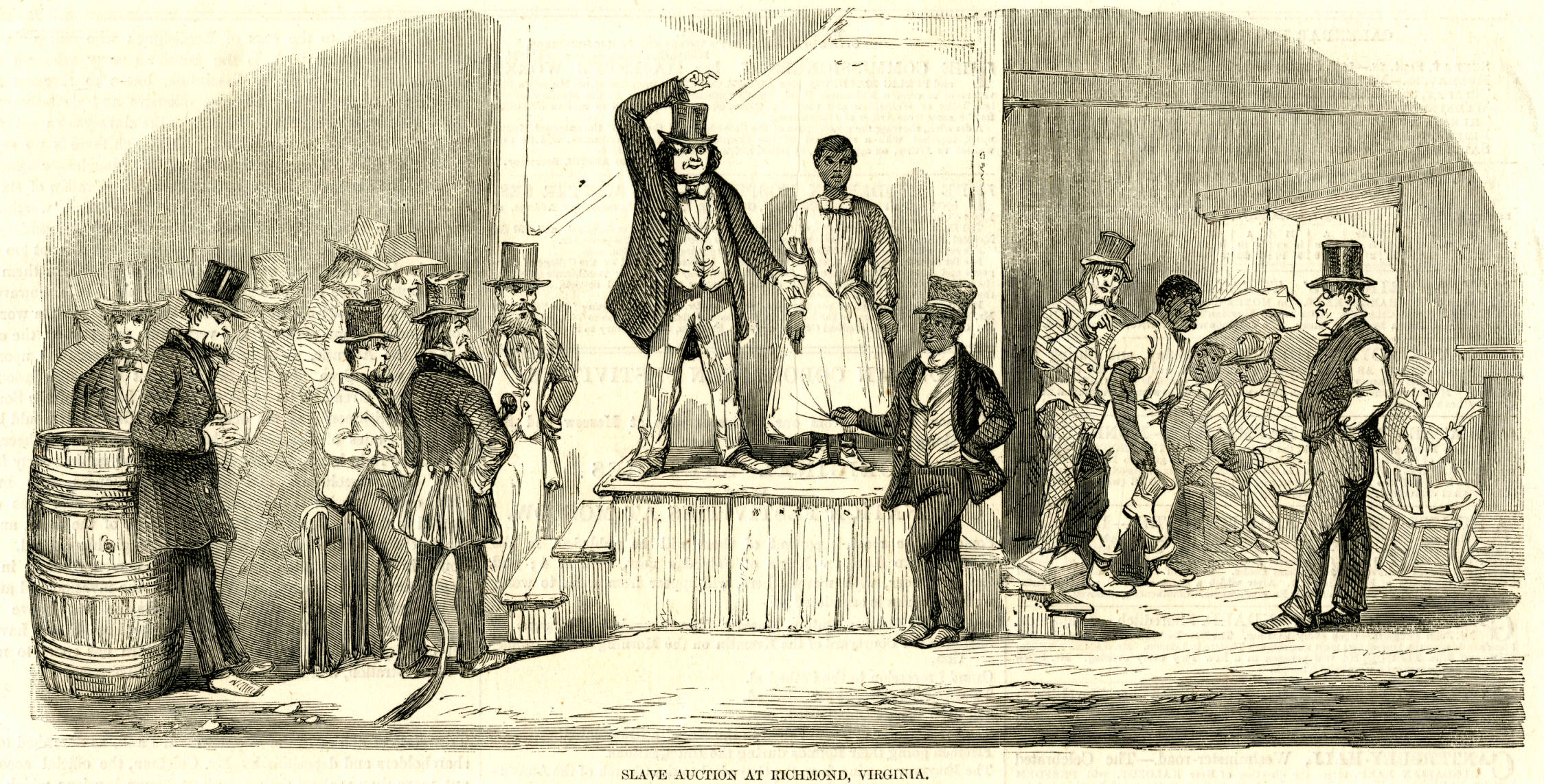Do Things Ever Get Better?

By Shaun Tan
Founder, Editor-in-Chief, and Staff Writer
31/5/2021

Visitors at the Civil Rights Memorial in Montgomery, Alabama (Picture Credit: NatalieMaynor)
It’s become common to hear those on the far left assert that black people in the United States are still systemically victimized today, that their lot is little better than in the days of slavery and Jim Crow.
The arguments they deploy to support this are so predictable that they’ve become formulaic. They begin with a long recounting of how black people were mistreated back in the day. It’s telling, of course, that, when asked for proof of systemic racism in America, people have to dig back decades, or even centuries, ago to find it. Someone asked for proof of systemic racism in, say, Malaysia, wouldn’t have to go back in time at all – he’d just point to any number of explicitly racist existing laws, like the one ensuring that ethnic Malays pay lower prices for housing than everyone else. Likewise, someone asked for proof of systemic racism in China would just point to the Chinese government’s ongoing, and very well-documented, efforts to sterilize ethnic Uyghurs. In short, if you have to dig that far back to unearth systemic racism in a country, that means it can’t be that racist.
It’s telling that, when asked for proof of systemic racism in America, people have to dig back decades, or even centuries, ago to find it.
Nonetheless, this is the most substantive part of their argument, for the simple reason that America really did treat black people horrifically back then. No one can deny how blacks were enslaved and discriminated against, nor how the state supported and enabled this (though, of course, plenty of other countries did the same).

The question at this point, though, should be “So what?” So America did victimize black people back then, but how does that translate to how things are today?
And this is where the argument breaks down, since it’s hard to find systemic racism in America today (other than affirmative action, which is supposed to benefit blacks). The usual response from its proponents, though, is to point to America’s shameful history and ask: “Do you really think hundreds of years’ worth of slavery and systemic discrimination could just have gone away?” with the implication that anyone who thinks it has is hopelessly naïve.
One answer to this is to point out that it certainly didn’t go away by itself – that it took the cataclysmic Civil War to emancipate the black slaves, that it took the Civil Rights Movement to formally guarantee legal equality, that thousands of courageous people had to fight and suffer and die to defeat this scourge.
The most obvious answer, though, is simply “Yes.” Longstanding practices sometimes really do go away, and failing to recognize when they have is historical illiteracy.
Longstanding practices sometimes really do go away, and failing to recognize when they have is historical illiteracy.
Take absolute monarchy in Britain, for example. Britain was an absolute monarchy for hundreds of years – far longer than it’s been a constitutional monarchy or a democracy. For hundreds of years, the kings and queens had absolute power to make law, levy taxes, determine war and peace. If they disliked someone, they could point at him and say “Off with his head,” and he’d be executed. Yet, today, the royal assent is just a rubber stamp, and the British royals, as my fellow Staff Writer Thomas Lambert so memorably put it, have gone from being the rulers of the British people to their pets.
There are, of course, still traces of America’s shameful history of slavery and systemic discrimination today, just as there are still traces of absolute monarchy in Britain today. The British government is still called “Her Majesty’s Government,” the prime minister is formally appointed by the monarch, there’s still “The Royal Navy” and “The Royal Airforce,” and, under some obscure laws and conventions, the Queen technically owns all the swans and sturgeons in the country. But anyone who takes these traces of absolute monarchy, and Britain’s long history of absolute monarchy, as proof that the country remains an absolute monarchy today, is an ignorant idiot. This is why former vice-presidential candidate Sarah Palin was so savagely mocked when she seemed to think that the Queen still ran the show. Yet those who’d rightly ridicule anyone who insisted that the British monarch still decides policy and enjoys the same powers as Henry VIII don’t bat an eye when people make the equally ridiculous claim that black people in America still suffer from slavery and systemic discrimination and are no better off than they were in the days of Dred Scott and Jim Crow – and places like the New York Times actually pay people to write articles claiming this on a weekly basis.

The Queen of England, no longer the ultimate power in the country and the Commonwealth (Picture Credit: Government of Alberta)
I’m the last person who’d fault someone for referencing history. I love history, and I think it’s a means for understanding what happened in the past, what’s happening in the present, and what might happen in the future. But historical knowledge is only historical knowledge if you can tell the difference between what’s changed and what’s stayed the same, and someone who cannot is as clueless as someone who knows no history at all. To ignore the significance of the Thirteenth Amendment, of the Civil Rights Act, of the election of black people to the highest and second-highest offices in the land, of the fact that anyone who can prove racial discrimination against him can take his case to any court in the country and win hands-down, is to be willfully blind. Some things really have changed for the better. Black people are no longer enslaved and systemically victimized in America, just as the Queen can no longer summarily behead people. Thank god for that.
